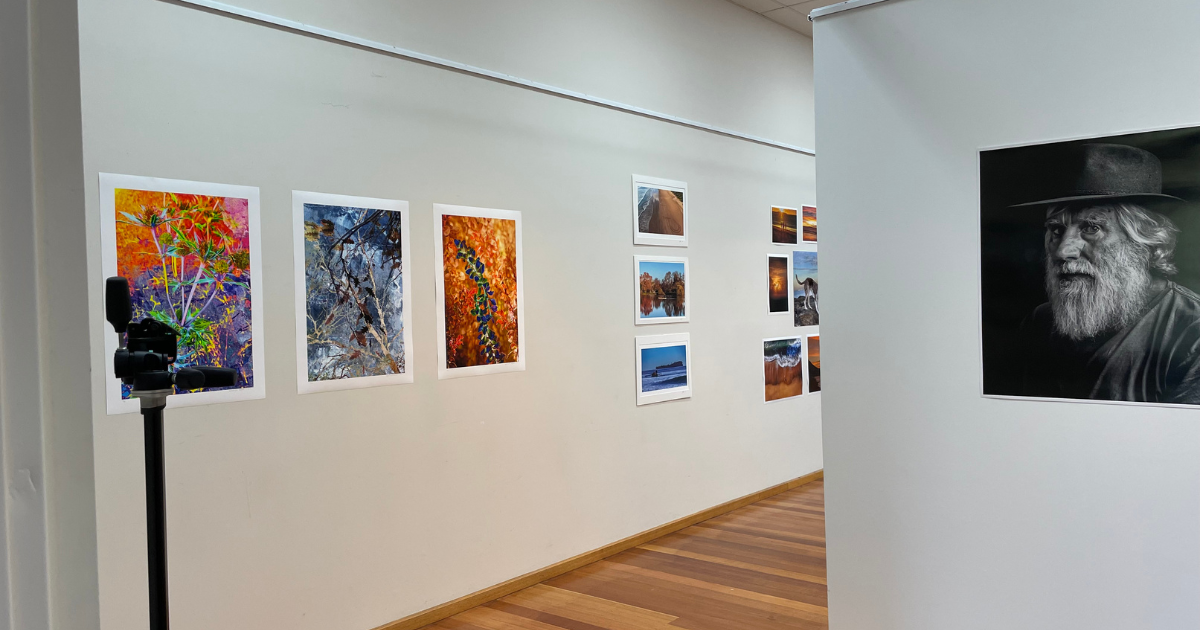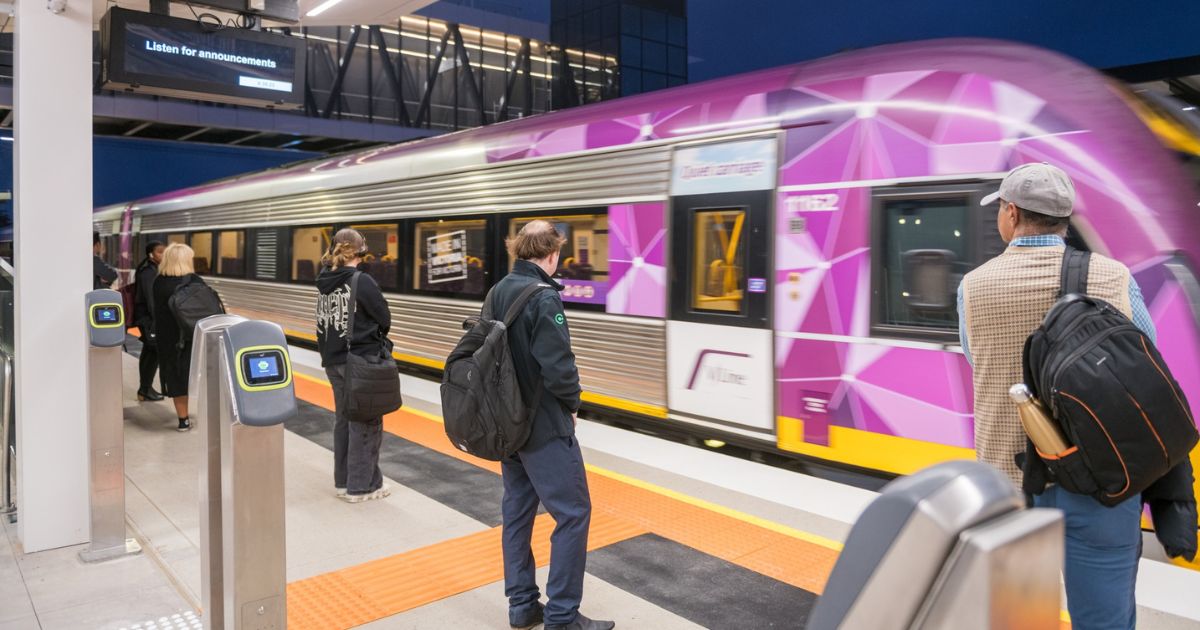Are Time of Use Tariffs Really Saving You Money? Data Says No

Over 60% of TOU customers didn’t know they were paying more, so clearly there’s a need for better consumer education.
Time-of-Use (TOU) tariffs are designed to help households save on their energy bills by shifting usage to off-peak hours, but according to GoSwitch’s recent data they may be costing Australian families more.
An analysis of energy costs in NSW, Vic and SA between Jan 2023 and Sept 2024 found that TOU customers are paying more than flat-rate customers.
In New South Wales TOU customers are paying 35% more. Victoria isn’t far behind, with similar trends showing higher bills for TOU customers. And in South Australia, the difference reaches a staggering 39%.
This is likely due to households being unable to avoid peak hours due to inflexible schedules or lack of awareness.
Over 60% of TOU customers didn’t know they were paying more, so clearly there’s a need for better consumer education.
Many families sign up for TOU tariffs thinking they’ll save but don’t understand the daily usage adjustments required to benefit. These results show we need better guidance on energy plans so consumers can make informed choices based on their actual energy usage.
The Reality of TOU Tariffs
Time-of-use (TOU) tariffs can be more expensive if your lifestyle or daily energy needs don’t match the off-peak periods. Designed to encourage energy use during lower demand times, TOU pricing has cheaper rates during off-peak hours like late at night and more expensive rates during peak demand periods like afternoon and evening. For some households, these varying rates can be a challenge to keep costs low. Here’s why TOU tariffs can cost more:
- Rigid Schedules: Many people have fixed schedules, meaning they use most of their energy during peak hours when rates are highest. For example, if you work during the day and are home in the evening, that’s when you’ll likely need lights, heating, cooling or other appliances. Without the flexibility to shift usage to off-peak times, you’ll pay the higher peak hour rates.
- Unforeseen High Demand: There are times when you can’t avoid using high-demand appliances during peak periods, like cooking dinner, running laundry or charging devices in the evening. When these tasks are unavoidable they add a lot to your bill if done during peak hours.
- Limitations of Essential Appliances: Some essential appliances need to run all the time, regardless of peak or off-peak. For example, a refrigerator, heater or air conditioner may need to run continuously to maintain a comfortable living space. If these need to run during peak hours TOU tariffs may end up costing more.
While TOU tariffs encourage off-peak usage they require planning and may not work for everyone. Households with rigid schedules or high, unavoidable energy needs during peak times may find TOU tariffs a challenge and end up with higher bills, not savings.
GoSwitch – Australia’s Energy Expert
If you’re unsure if a TOU plan is for you GoSwitch can help. GoSwitch simplifies the process, helps you navigate complex energy plans and finds options that suit you best. If you’ve been moved to a TOU plan and are seeing higher bills GoSwitch can help you evaluate your options and find a better deal.
You don’t have to make the energy market complicated. Go to GoSwitch to see if you’re getting the best deal for your energy usage.
About GoSwitch:
GoSwitch is a free energy advisor for Australians, making the energy market simple and hassle-free. By providing clear information GoSwitch helps consumers make informed decisions about their energy use and costs. The platform helps users find the best energy plan for them and save on their bills. Transparency and education are key to helping households navigate the energy options in Australia. GoSwitch is a free energy advisor for Australians, making the energy market simple and hassle-free. By providing clear information GoSwitch helps consumers make informed decisions about their energy use and costs. The platform helps users find the best energy plan for them and save on their bills. Transparency and education are key to helping households navigate the energy options in Australia.
//BRANDED CONTENT

















